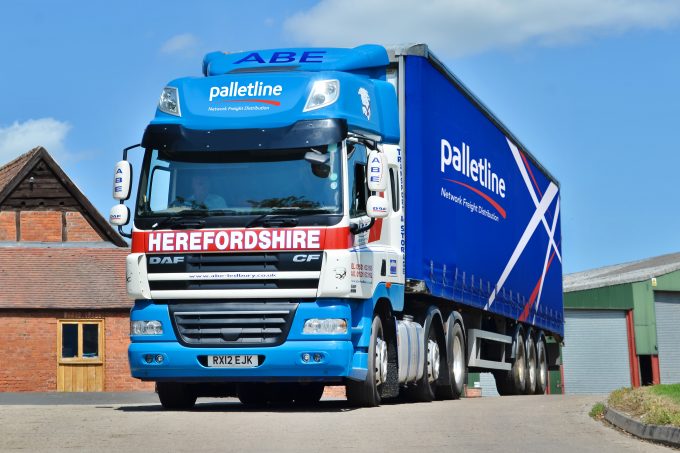FedEx and UPS add 'China fee' ahead of the end of de minimis
In the final weeks before US de minimis exemption for parcels from China ends, UPS ...

The UK’s pallet network is collapsing under the weight of “undue pressure” hoisted upon it during the pandemic.
Indeed, one operator is suspending services.
Amazon-supplier Palletline advised customers late last week it would be halting its consolidated service to Amazon’s Daventry 2 site indefinitely, following a “heavy ...

Comment on this article